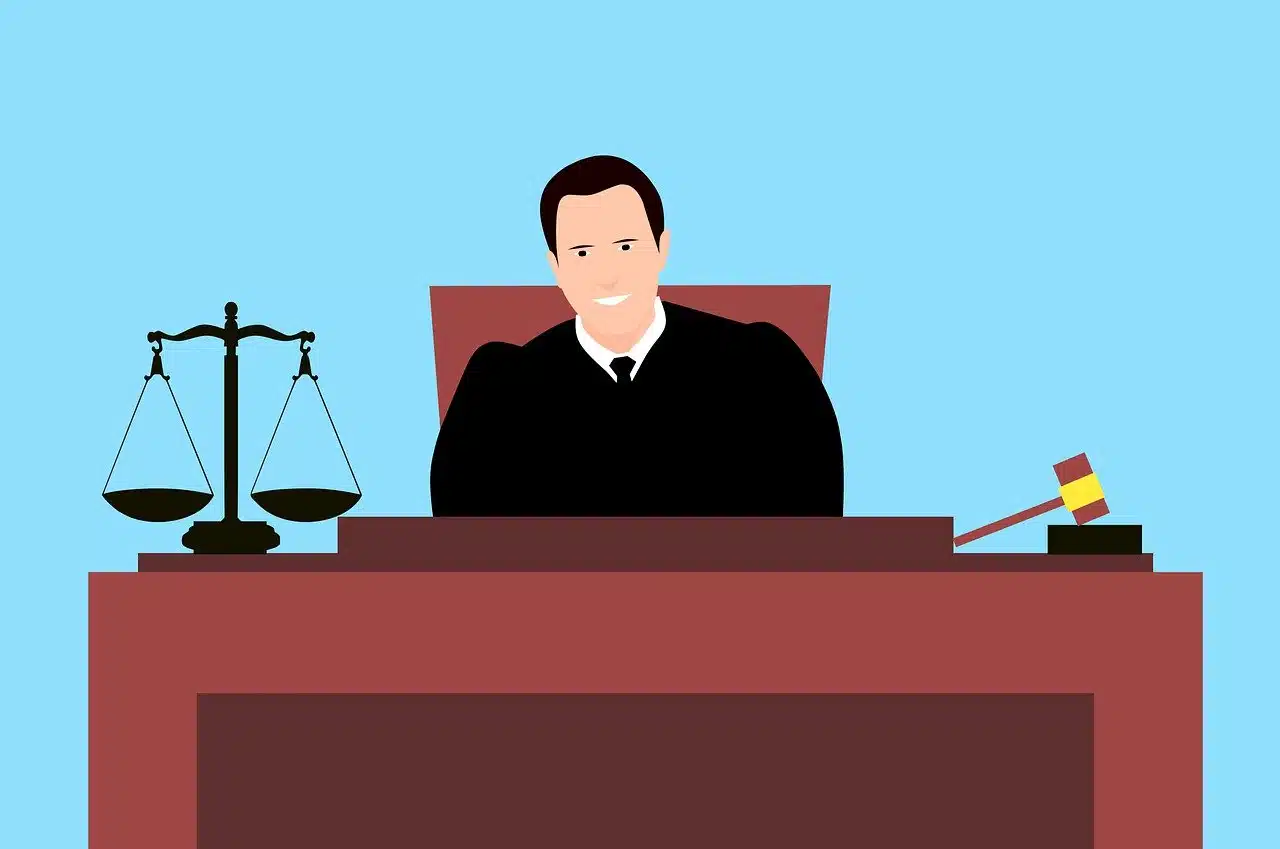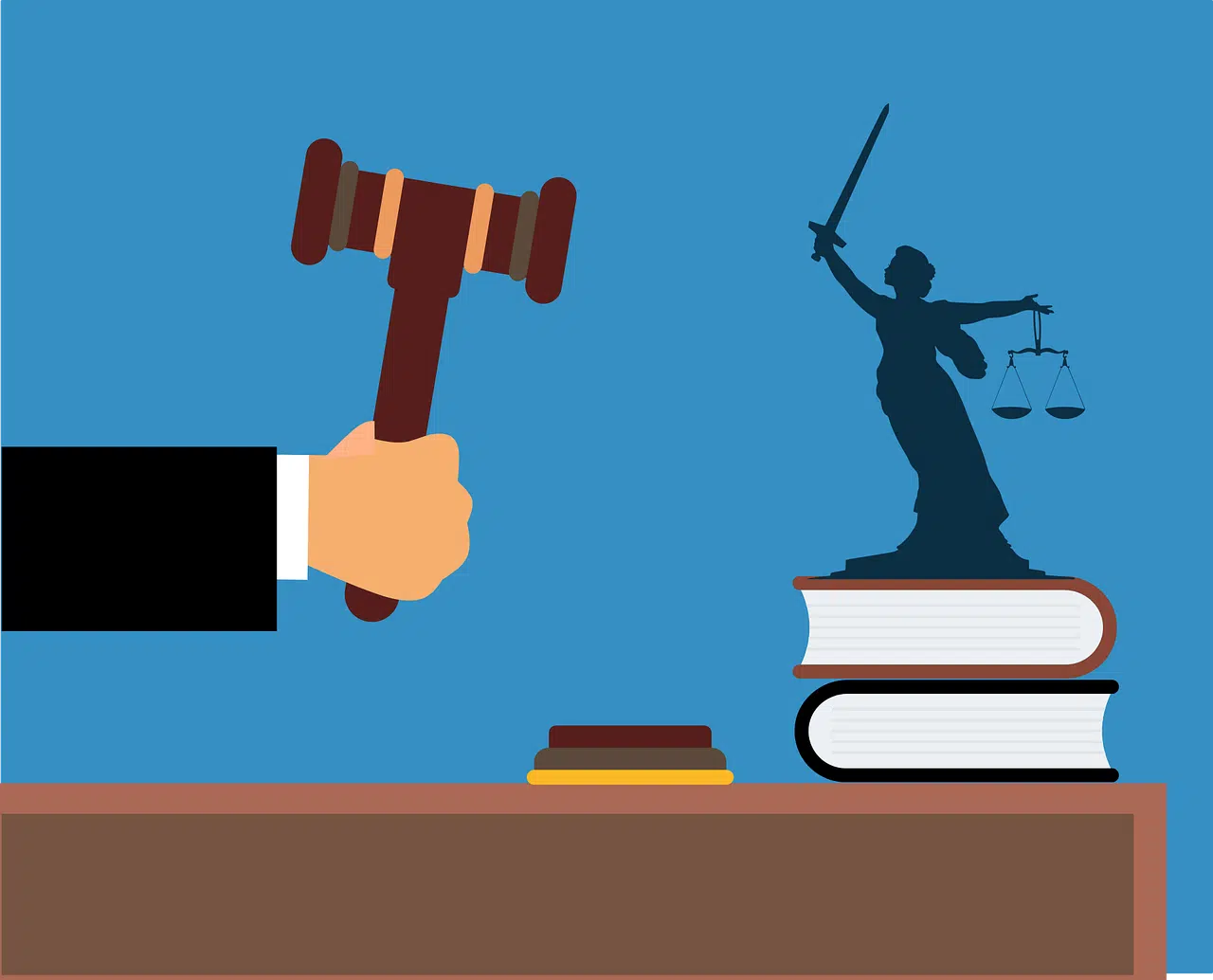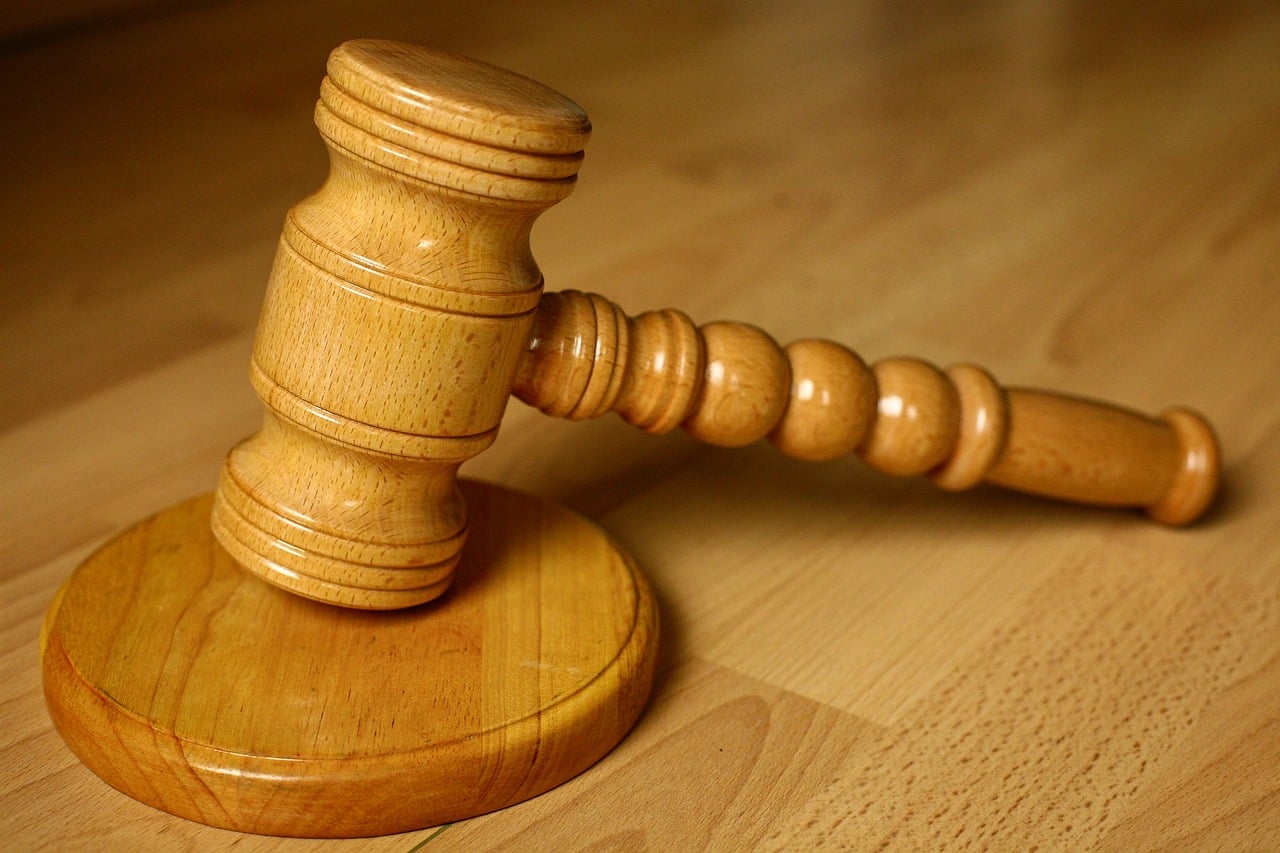
In a rule of law, access to justice must be guaranteed for all individuals.
Justice is the cardinal virtue that involves the inclination to grant to each person what belongs to him or concerns him. Justice can be understood as what should be done according to reason , equity or legality .
What is fair and what is not? Difficult to know and define it. The concept, which has its origin in the Latin term iustitĭa , refers to issues that depend on the values of a society and the individual beliefs of each person.
For example: «I want there to be justice and for the guilty to be convicted» , «There is no justice in the world! I work ten hours a day and I barely have enough to buy food" , "No society can achieve peace if it does not have justice."
The Judiciary
The idea of justice also refers to the Judicial Power (in this case, it is written Justice , with an initial capital letter) and to sanctions or penalties . In this way, when society "asks for justice" in the face of a crime, what it does is request the State to guarantee that the crime is tried and punished with the penalty it deserves according to current law.
Starting from this meaning, various examples could be presented that serve to understand it much better. This is how the following are found: "The president of the Court Chamber was in charge of administering justice and declaring the detainee guilty" , "After having tried to solve the conflict through dialogue and not achieving the expected results, Miguel went to the justice to put an end to the unpleasant events that brought him face to face with his neighbor .
The administration of justice
The administration of justice at the formal level is governed by the Constitution . This is the name given to the most important law of a State, which is responsible for establishing the regime of freedoms and rights of individuals and establishes the powers and attributions of the political organization.
A judicial process , in this framework, is carried out as established by the rules. The principles of due process must be respected to take care of the procedural guarantees of the parties, maintaining the presumption of innocence until a sentence is reached.
In a trial, therefore, there are lawyers who represent the parties, preserving their interests. All defendants have the right to defense , for example.
A court , a judge or a jury , depending on the case, must render a ruling after analyzing the evidence, listening to witnesses and considering jurisprudence. The sanctions may be set according to the Civil Code or the Penal Code , as appropriate depending on the type of crime.
All these precepts, procedures and formalisms define what is known as legal certainty , which is essential for justice to be administered equitably.

Justice determines that imputability is given by a person's ability to understand that their actions may harm the interests of others.
A cultural fact
In general, it is possible to affirm that justice has a cultural basis (according to the shared consensus at the social level about what is good and what is bad) and a formal foundation (which implies a certain codification in written laws that are applied by courts or judges).
In this sense, it must be emphasized that justice is usually symbolized with the figure of a woman who carries a balanced scale in her hand and whose eyes are covered with a blindfold. Hence, on many occasions the expression "justice is blind" is commonly used.
What is intended with that phrase is to make clear that justice does not "look" at who it must judge to act arbitrarily, but quite the opposite. That is, it acts equitably and always treats all citizens equally regardless of their race, sex, sexual condition, origin... We are all equal before the law and the law observes facts and behaviors, not people.
When injustice is administered
The principles of justice, however, have not always been maintained throughout history. Well, those in charge of dispensing justice in certain times or events have taken off the blindfold to act as it suited them and always depending on who was the person they had to judge.
This has occurred in an especially significant way during the period in which the Inquisition was operating or during the Nazi regime led by Adolf Hitler . In the latter case, the Jews were stripped of all their rights or freedoms.

A pardon and an amnesty can suspend or annul the effects of a ruling issued by Justice.
International organizations
It should be noted that there are international organizations that are responsible for working for justice, protecting the rights and guarantees of citizens.
The European Court of Human Rights and the Inter-American Court of Human Rights , for example, are entities that are aimed at the preservation and promotion of human rights.
The International Court of Justice , meanwhile, resolves disputes between States, while the International Criminal Court judges crimes against humanity, war crimes, crimes of aggression and genocides.
Justice in religion
In matters of religion , justice is an attribute that belongs to God and that allows him to order things according to deserts.
Divine justice , therefore, is linked to the provisions of divinity to reward or punish each person.
